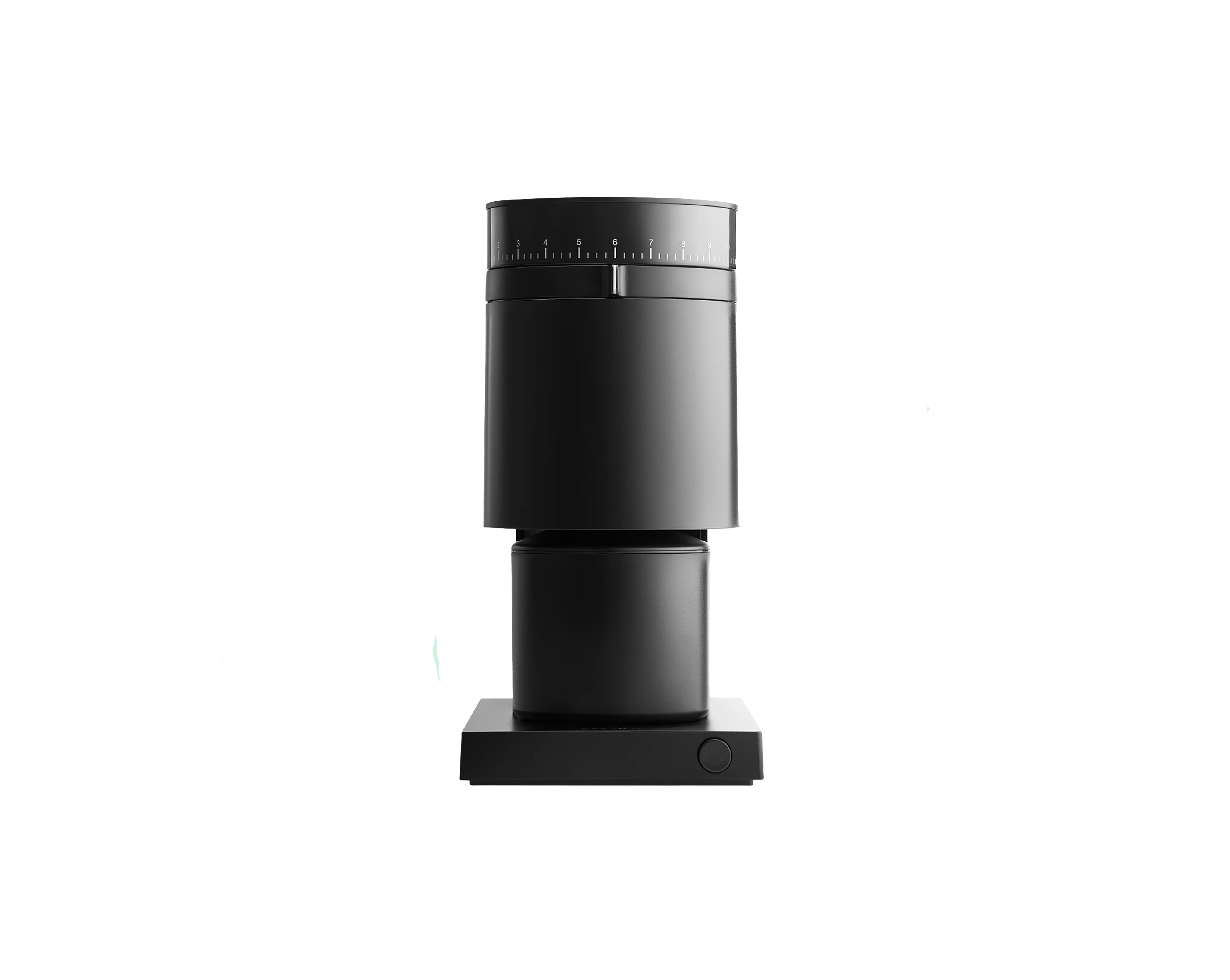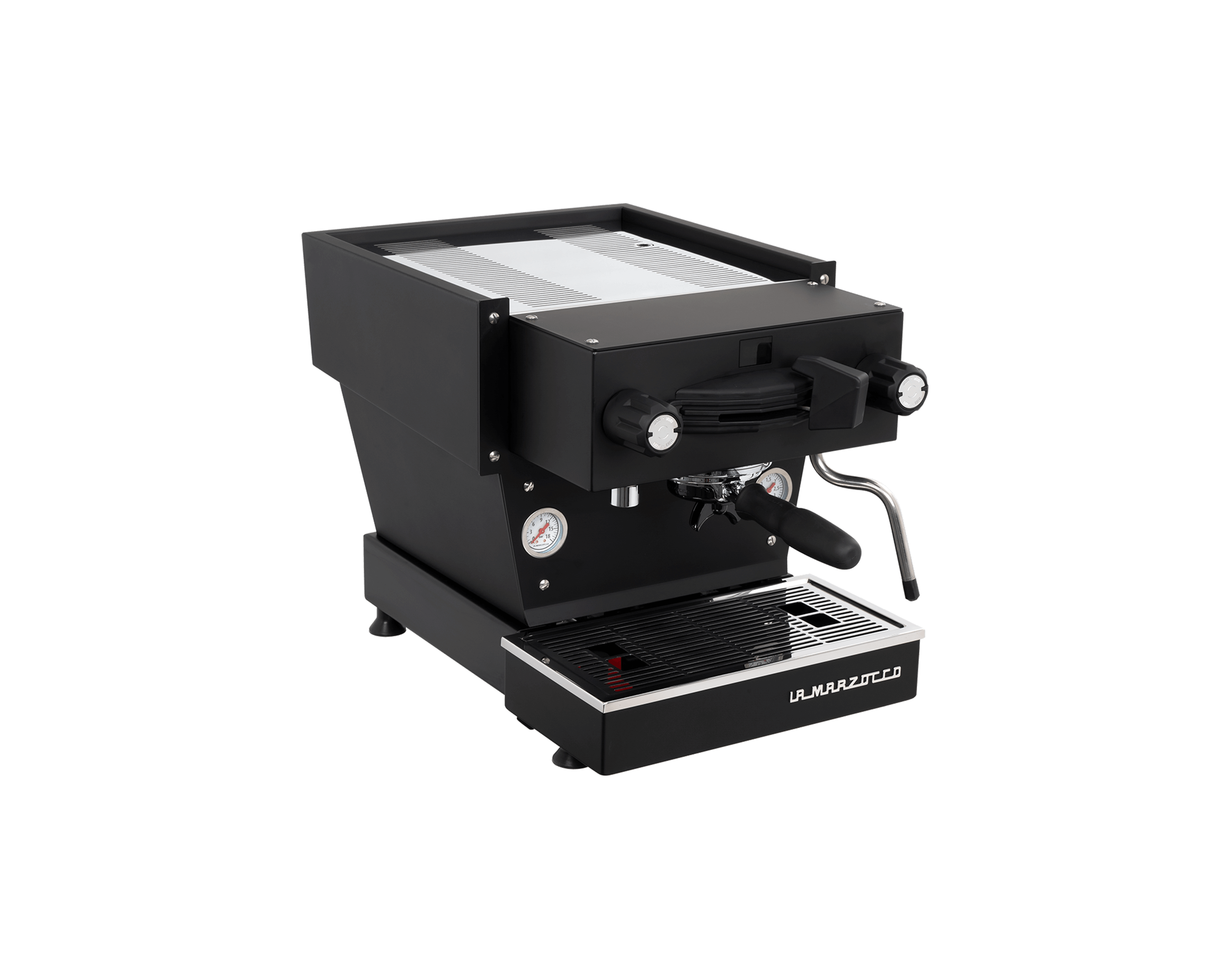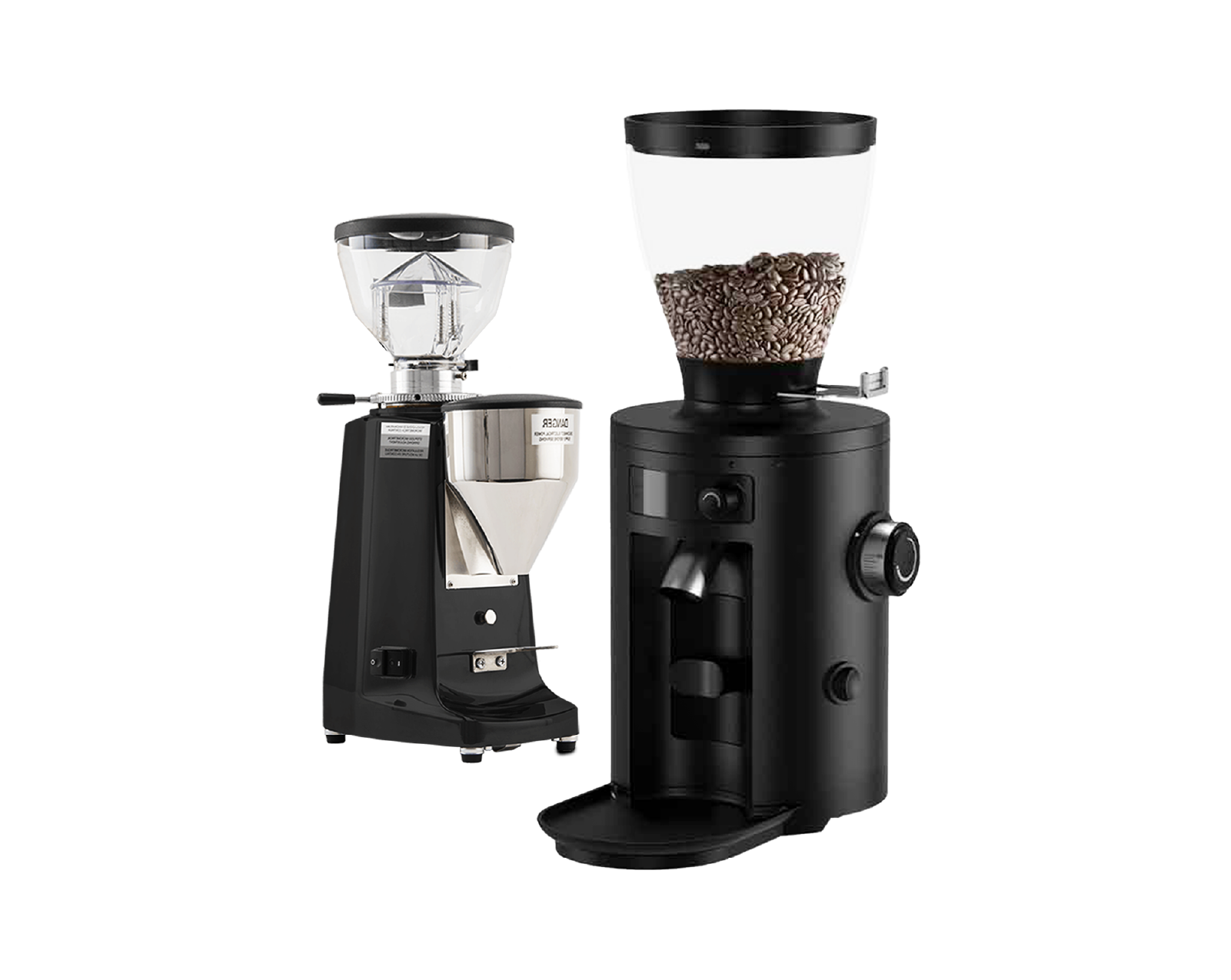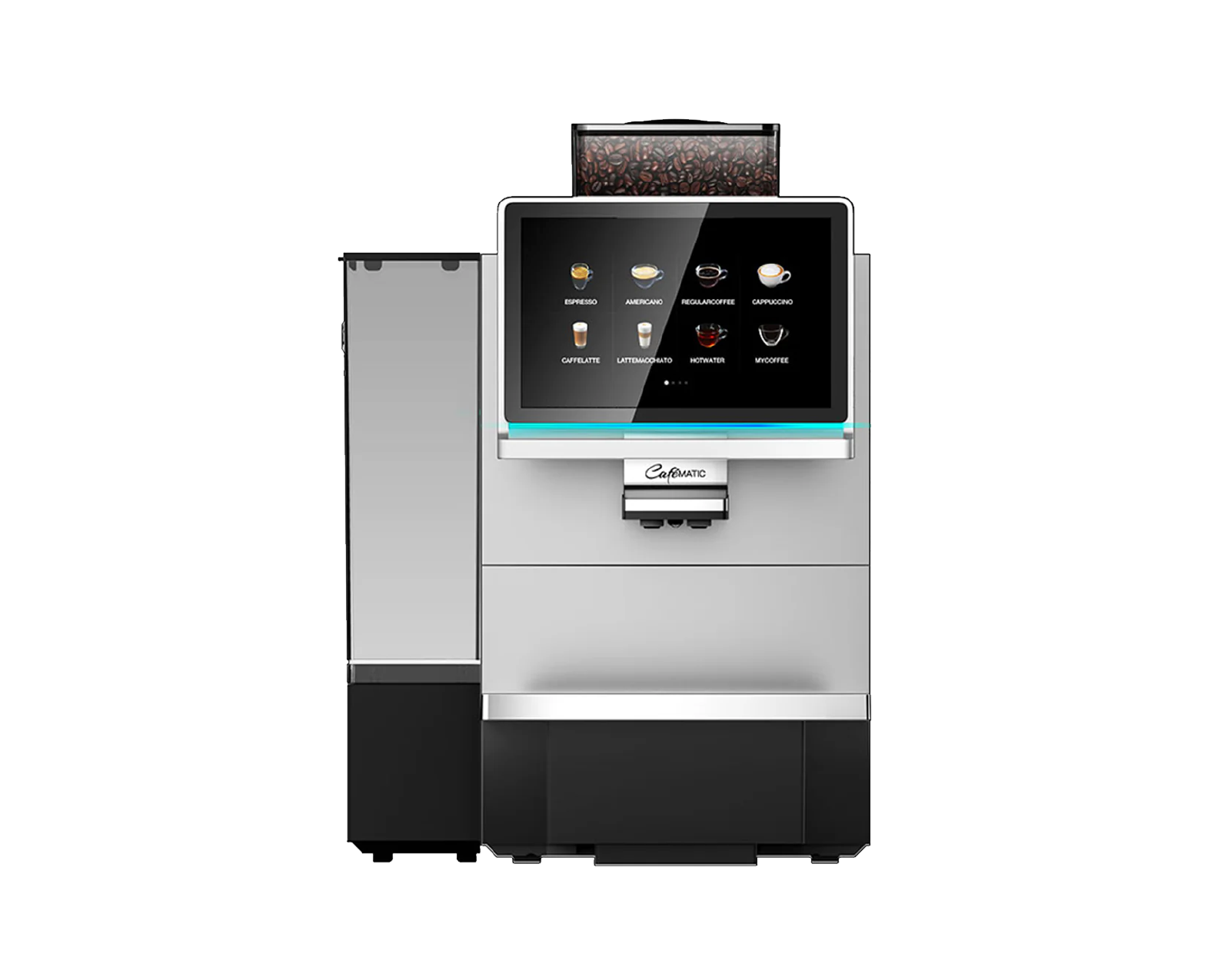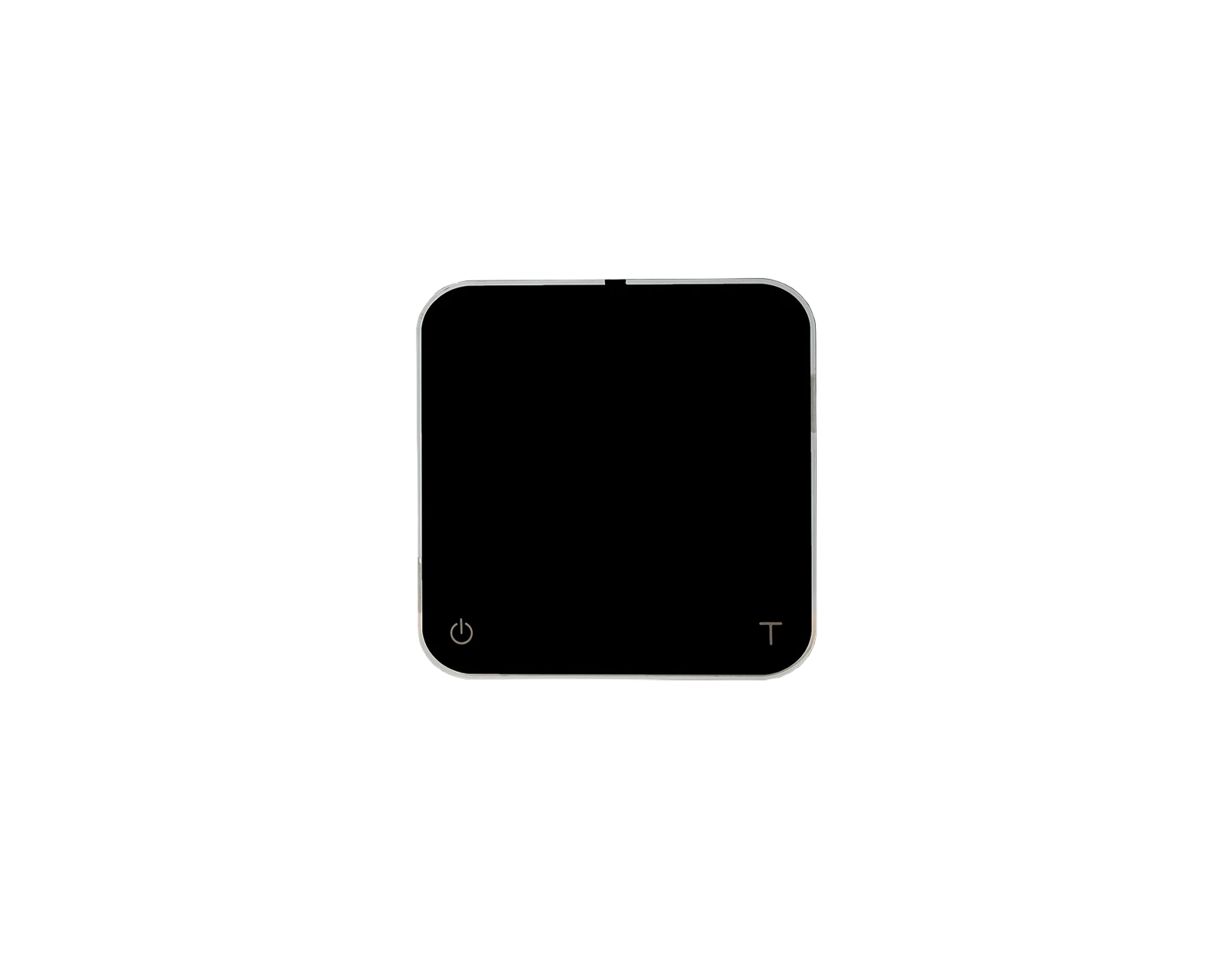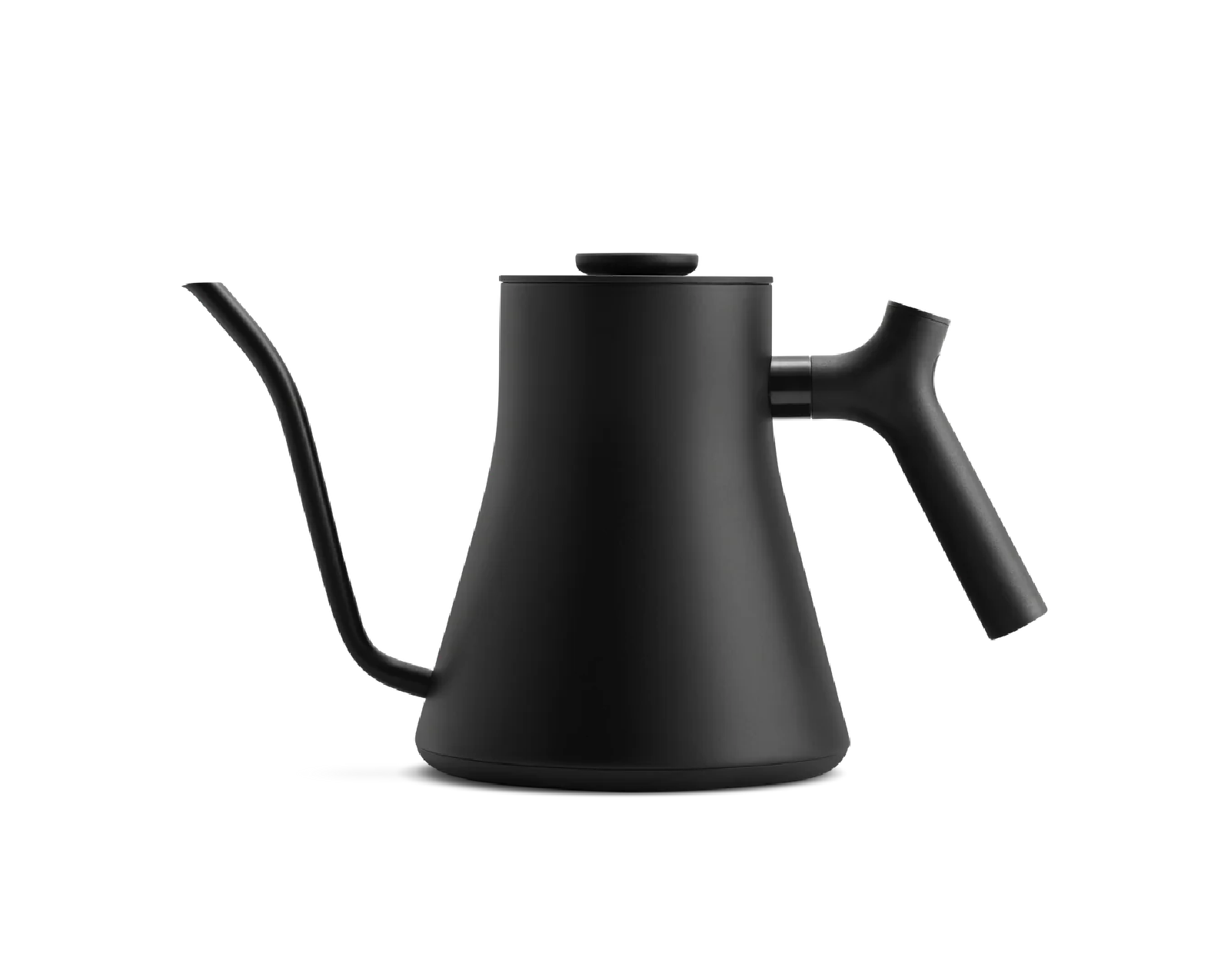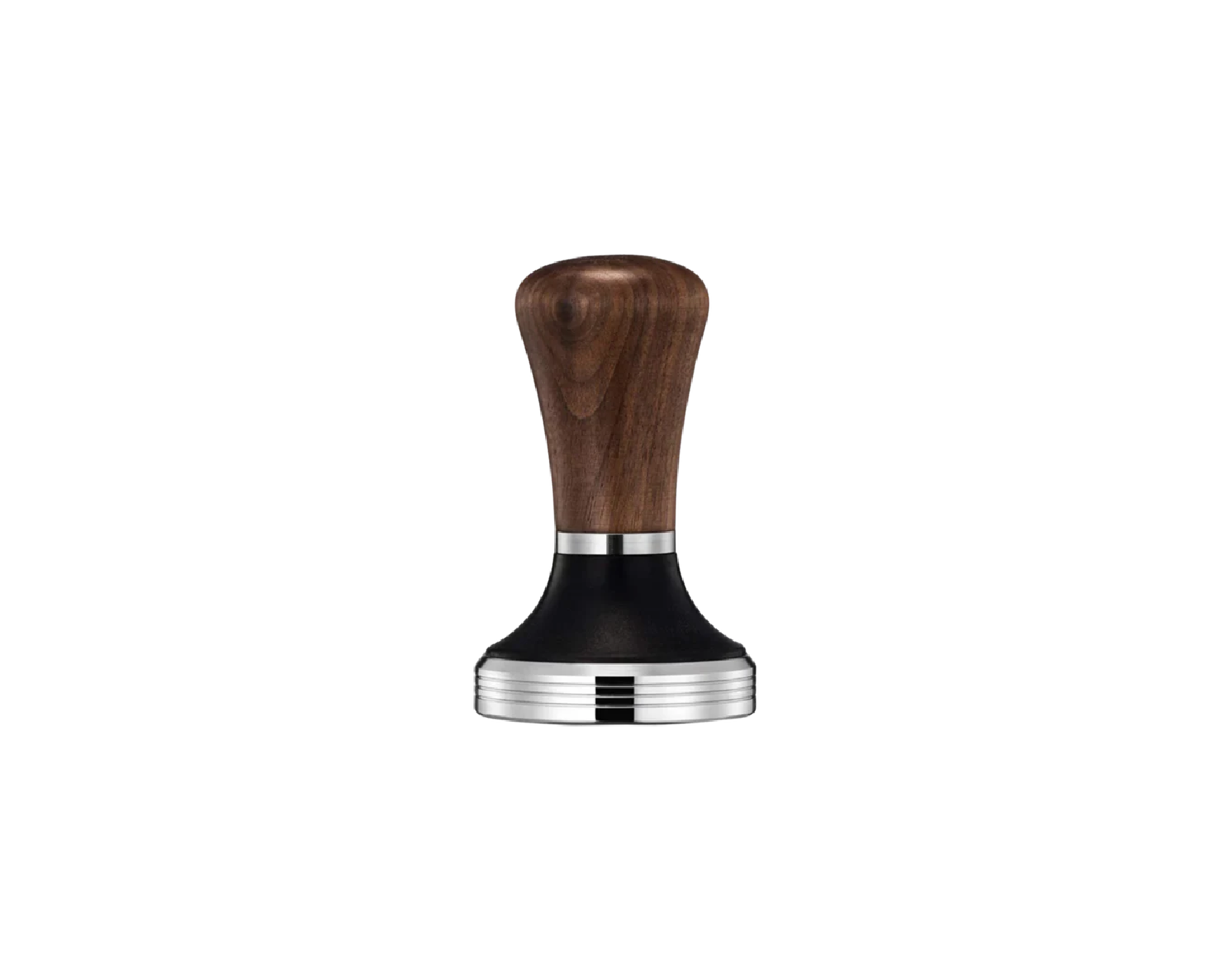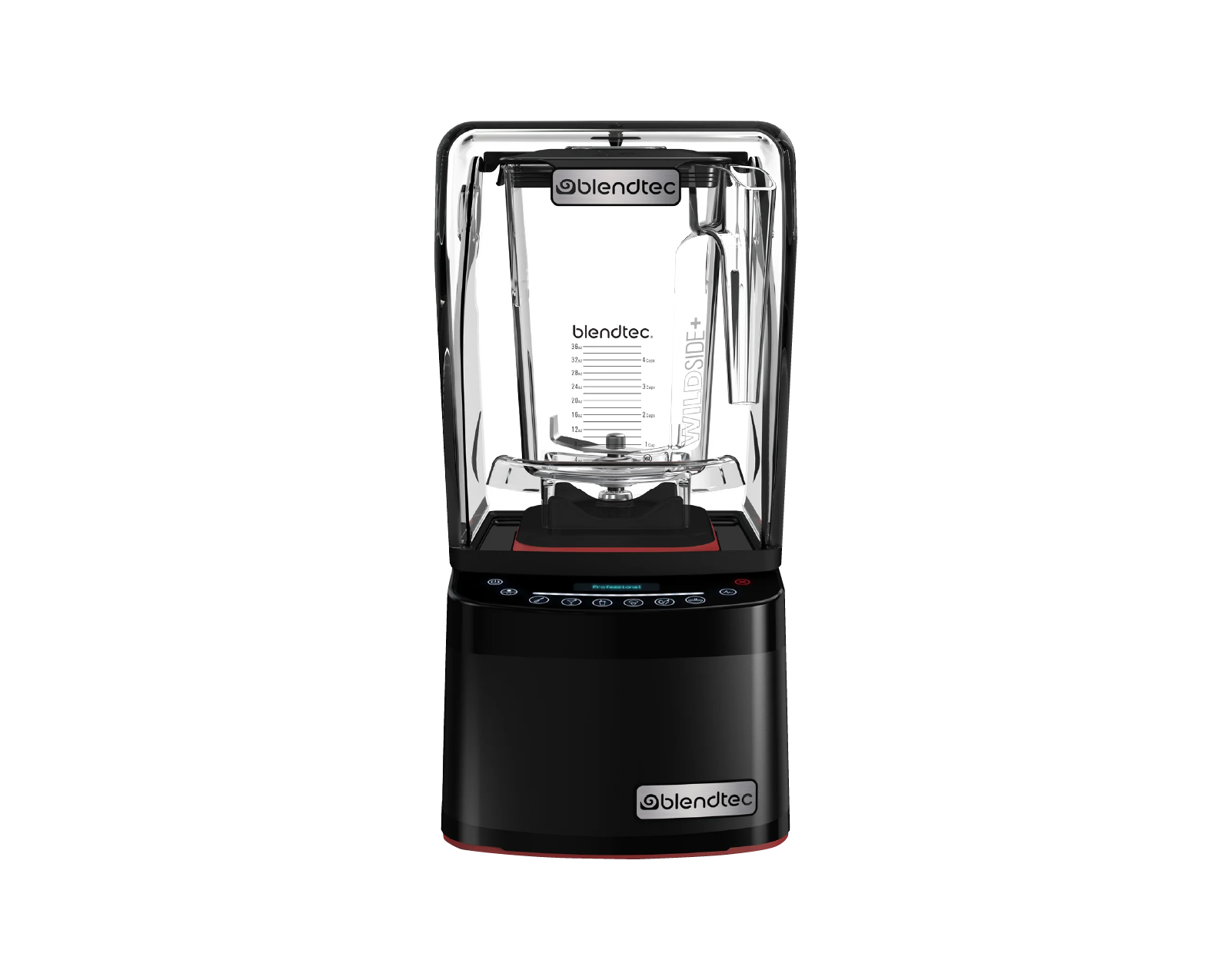Introduction
Cold brew coffee has surged in popularity due to its smooth, rich flavor and low acidity. To achieve the perfect cup, starting with the right coffee beans is crucial. But what should you look for when buying specialty coffee beans specifically for cold brew? This guide will walk you through the key factors to consider, ensuring you choose the best beans to create a delicious and refreshing cold brew.
---
Understanding Specialty Coffee Beans
Specialty coffee beans are the cream of the crop in the coffee world, often representing the top 5% of all coffee produced globally. These beans are grown in specific regions known for their ideal climates and conditions, leading to unique and high-quality flavors. When selecting specialty beans for cold brew, understanding the basics of what makes them special can help you make an informed decision.
Factors to Consider When Buying Specialty Coffee Beans for Cold Brew
Flavor Profile
Fruitiness and Brightness: Cold brew is known for its smooth and less acidic flavor. To enhance this, look for beans with fruity notes like berries, citrus, or stone fruit. These flavors will stand out and provide a refreshing twist.
Chocolatey and Nutty Notes: If you prefer a richer, deeper flavor in your cold brew, choose beans with chocolate, caramel, or nutty undertones. These will yield a smooth, dessert-like coffee experience.
Balanced Acidity: Though cold brew naturally reduces acidity, starting with beans that have a balanced acidity will result in a cleaner, crisper taste.
Roast Level
Medium to Dark Roast: Medium to dark roasted beans are typically preferred for cold brew. They develop deeper, more robust flavors that stand up well to the long extraction process involved in cold brewing.
Avoid Light Roasts: Light roasts can sometimes result in a cold brew that tastes overly acidic or thin. While they’re excellent for other brewing methods, they may not give you the full-bodied flavor you desire in a cold brew.
Bean Origin
Single-Origin vs. Blends: Single-origin beans, coming from one specific region or farm, offer distinct flavor profiles, making them a great choice if you want to highlight specific flavors in your cold brew. On the other hand, blends can provide a more balanced and consistent flavor.
Region Specifics: Beans from regions like Ethiopia, Colombia, and Guatemala are often favored for cold brew due to their bright, fruity flavors. Meanwhile, beans from Brazil or Sumatra are known for their chocolatey, nutty undertones, offering a richer cold brew experience.
Freshness
Roast Date: Always check the roast date on your coffee beans. Freshly roasted beans (within two weeks of roasting) will yield the best flavor. Stale beans can result in a flat and lifeless cold brew.
Whole Bean vs. Pre-Ground: For the freshest flavor, purchase whole beans and grind them yourself right before brewing. Pre-ground coffee can lose its flavor quickly, especially in the context of cold brew, where longer extraction times are involved.
Processing Method
Washed vs. Natural: The processing method of the coffee bean can influence the flavor of your cold brew. Washed coffees tend to be cleaner and brighter, while natural or dry-processed coffees offer more fruity and wine-like flavors. Experimenting with both can help you find the perfect bean for your taste.
---
Tips for Selecting the Perfect Coffee Beans for Cold Brew
Experiment with Different Beans: Start with small batches using different beans to find what works best for your palate. Cold brew coffee offers a great way to explore the nuances of different beans since the slow extraction process brings out unique flavor characteristics.
Consider the Brewing Ratio: Cold brew typically uses a higher coffee-to-water ratio compared to hot brewing methods. Keep this in mind when purchasing beans, as you may need more than you would for a standard drip brew.
Buy in Small Batches: Given that freshness is key, consider buying smaller amounts of coffee more frequently to ensure you’re always using the freshest beans possible.
Supporting Ethical and Sustainable Practices: Many specialty coffee producers emphasize ethical and sustainable farming practices. When choosing your beans, consider selecting those from sources that prioritize fair trade, organic farming, and environmental sustainability. This not only supports better practices but often results in higher-quality beans.
---
Conclusion
Choosing the right specialty coffee beans is essential for brewing the perfect cold brew. By considering factors like flavor profile, roast level, bean origin, and freshness, you can enhance your cold brew experience, bringing out the rich, smooth flavors that make this beverage so beloved. Whether you prefer fruity, bright notes or deeper, chocolatey undertones, the right beans will elevate your cold brew to a new level of enjoyment. Happy brewing!
---
FAQs
What roast level is best for cold brew?
Medium to dark roasts are generally best for cold brew, as they offer a fuller body and richer flavor that stands up well to the cold brewing process.
Can I use any coffee beans for cold brew?
While you can technically use any beans for cold brew, specialty coffee beans with certain flavor profiles and roast levels will yield the best results.
How important is freshness when buying coffee beans for cold brew?
Freshness is crucial. The fresher the beans, the more vibrant and flavorful your cold brew will be. Always look for beans roasted within the last two weeks.
Should I use single-origin or blended beans for cold brew?
It depends on your preference. Single-origin beans offer distinct, specific flavors, while blends provide a balanced and consistent taste.
Does the coffee’s origin matter for cold brew?
Yes, the origin can influence the flavor profile. Regions like Ethiopia, Colombia, and Guatemala are popular for their bright, fruity notes, which can enhance your cold brew.
Is it better to buy whole beans or pre-ground coffee for cold brew?
Whole beans are preferable, as grinding them just before brewing preserves their freshness and flavor. Pre-ground coffee may lose its flavor quickly.



